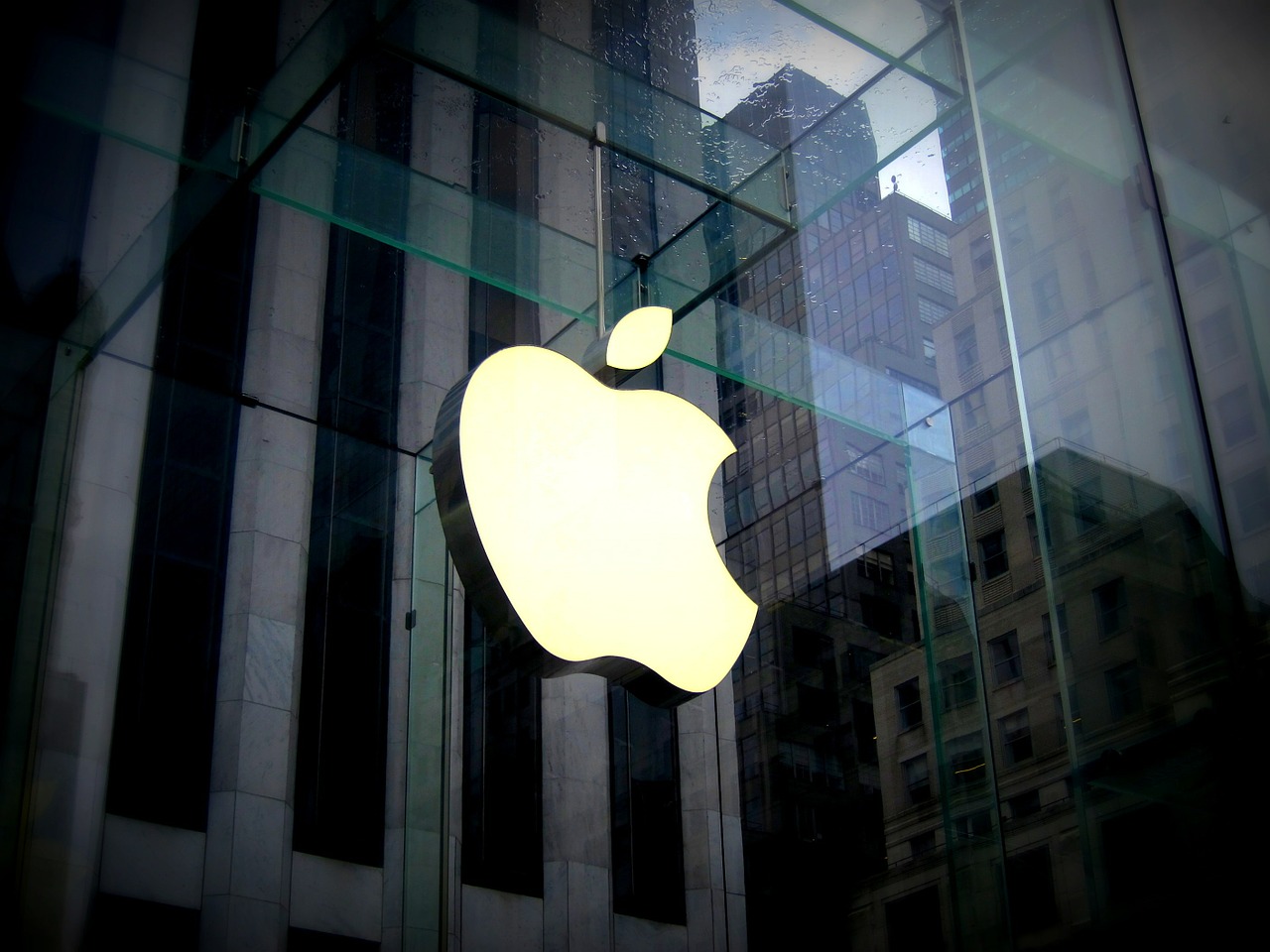
Tech giant Apple has won its appeal against a ruling by the European Commission that it must pay $14.9 billion in taxes to Ireland.
In 2016, the European Commission, the top antitrust authority of the European Union (EU), said Apple owed $14.9 billion in taxes to Ireland because the Irish government granted it an illegal advantage by keeping its tax bill artificially low for more than 20 years.
However, on Wednesday, the EU General Court decided Wednesday that the Commission had not proven that Apple had received illegal state aid from Ireland through favorable tax agreements.
Ireland has become the European base for several companies, including Apple, Google, and Facebook as it offers one of the lowest corporate tax rates in the region. Since Ireland did not want the tax money, it supported Apple in its fight with the Commission.
Apple chief executive officer (CEO) Tim Cook previously described the 2016 ruling as having "no basis in fact or in law," calling it "obvious targeting of Apple."
Apple's reaction to the decision
An Apple spokesperson said the firm was "pleased" with the decision, pointing out that the case was never about how much tax it pays, but where it pays it.
The spokesperson said: "We're proud to be the largest taxpayer in the world as we know the important role tax payments play in society. Apple has paid more than $100 billion in corporate income taxes around the world in the last decade and tens of billions more in other taxes."
Ireland's government also applauded the decision of the EU's second highest court, arguing that it had never given any special treatment to Apple.
In a statement, the Irish finance ministry said: "The correct amount of Irish tax was charged taxation in line with normal Irish taxation rules."
The European Commission's stand
While the Commission could appeal the decision to Europe's highest court, the court ruling may be considered a major blow to its initiatives to crack down on what it considers unfair tax deals in Europe.
According to Margrethe Vestager, the Commission's top antitrust official, she was carefully studying the ruling before deciding on next steps. However, she emphasized that the Commission would continue to aggressively pursue what it considers "illegal state aid."
Vestager argued: "At the same time, state aid enforcement needs to go hand in hand with a change in corporate philosophies and the right legislation to address loopholes and ensure transparency. We have made a lot of progress already at national, European and global levels, and we need to continue to work together to succeed."
In mid-June, the European Commission announced that it will conduct formal antitrust investigations into the Apple App Store and Apple Pay system following complaints from music streaming company Spotify and video streaming firm Rakuten.
The first investigation will delve into the streaming companies’ claim that Apple is violating EU competition rules by requiring the use of its in-app purchase system to access music and books.
They added that Apple is also preventing apps from informing users about cheaper alternatives to purchase these content outside the App Store.
The second probe will focus on the impact of Apple’s conduct on competition in mobile payments via its Apple Pay system.
According to the European Commission, it was concerned that Apple Pay’s terms and conditions for buying goods and services on apps and websites on Apple devices “may distort competition and reduce choice and innovation.”
The Commission also said that Apple may be limiting access to its “tap and go” functionality on iPhones for payments in stores, and may be denying competitors access to Apple Pay.






